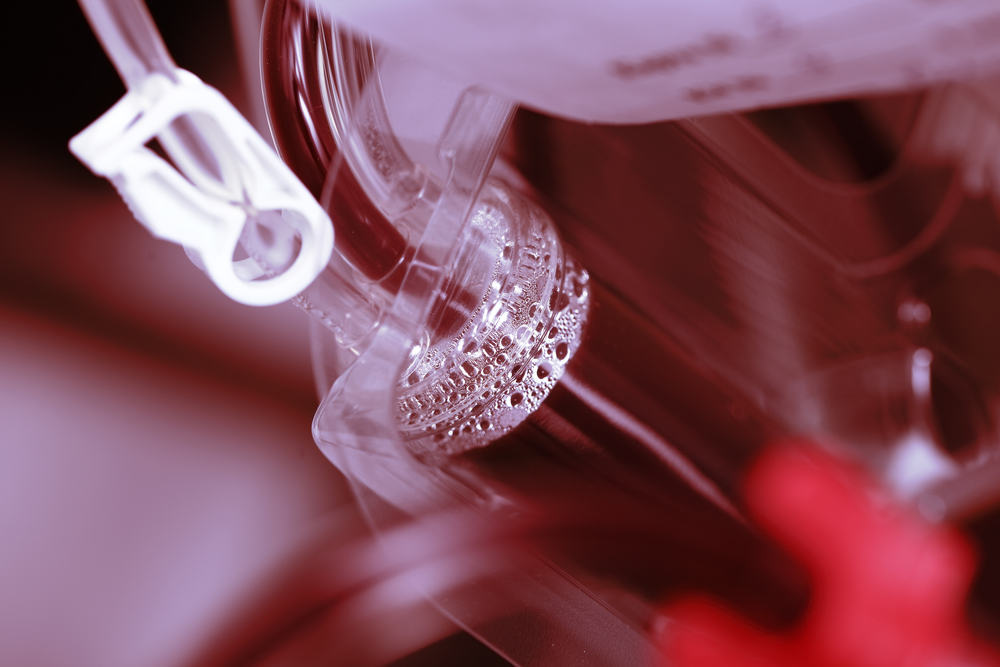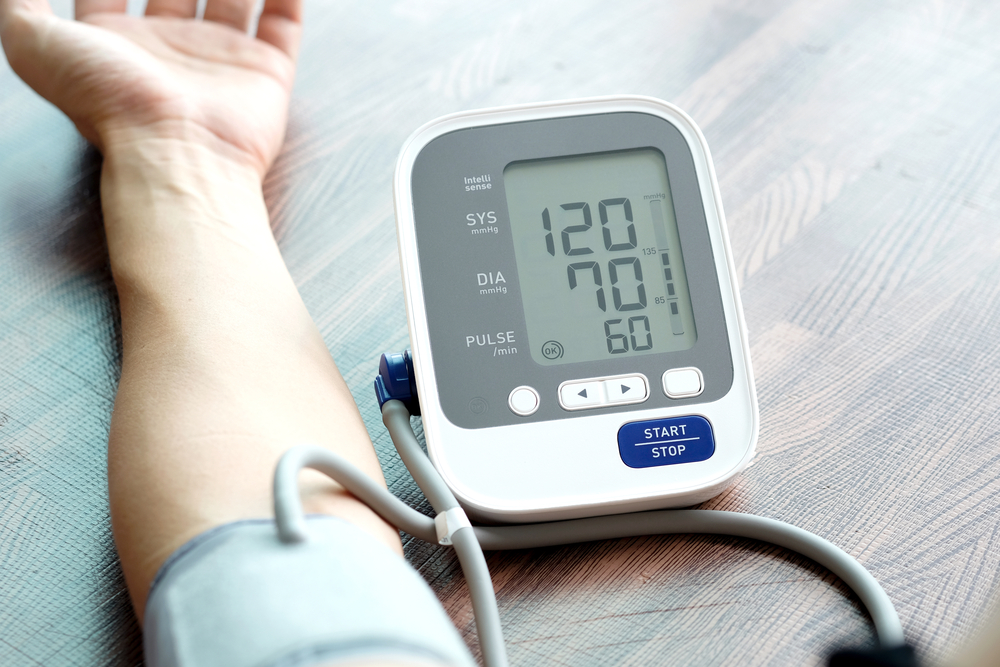Contents:
- Medical Video: Hemolytic Anemia: Causes, Symptoms, and Diagnosis
- Signs and symptoms of anemia
- Signs and symptoms of hemolytic anemia
- What can I expect?
Medical Video: Hemolytic Anemia: Causes, Symptoms, and Diagnosis
The signs and symptoms of hemolytic anemia will depend on the type and severity of the disease.
People who experience mild hemolytic anemia often do not show signs or symptoms. More severe hemolytic anemia can cause many signs and symptoms and this condition may be more serious.
Many of the signs and symptoms of hemolytic anemia also apply to all types of anemia.
Signs and symptoms of anemia
The most common symptom of all types of anemia is fatigue. Fatigue occurs because your body does not have enough red blood cells to carry oxygen to various parts of the body.
Low red blood cell counts can also cause shortness of breath, dizziness, headache, cold in the hands and feet, pale skin and chest pain.
The lack of red blood cells also causes your heart to work harder to move oxygen-rich blood throughout your body. This can cause arrhythmias (irregular heartbeat), heart murmurs, enlarged heart, or even heart failure.
Signs and symptoms of hemolytic anemia
Jaundice
Jaundice refers to the yellowish color of the skin or the white part of the eye. When red blood cells die, they release hemoglobin into the bloodstream.
Hemoglobin is broken down into a compound called bilirubin which causes yellowish skin and eyes. Bilirubin also causes urine to become dark yellow or brown.
Pain in the upper abdomen
Gallstones or an enlarged spleen can cause pain in the upper abdomen. High levels of bilirubin and cholesterol (from the breakdown of red blood cells) can form stones in the gall bladder. These stones can be painful.
The spleen is an organ in the stomach that helps fight infection and filters old or damaged blood cells. In hemolytic anemia, the spleen can enlarge and can be painful.
Foot ulcer and leg pain
In people who have sickle cell anemia, these sickle cells can clog small blood vessels and clog the bloodstream. This can cause foot sores and pain throughout the body.
Severe reaction to blood transfusions
You can experience hemolytic anemia due to blood transfusion. This can happen if the blood transfused is a different type of blood from your blood.
Signs and symptoms of severe reactions to blood transfusions include fever, chills, low blood pressure, and shock. (Shock is a dangerous condition where the body does not get enough blood flow.)
Less common signs and symptoms that occur in patients with hemolytic anemia include:
- dark urine
- yellowing of the skin and the whites of the eyes (jaundice)
- heart murmur
- increased heart rate
- enlarged spleen
- enlargement of the liver
What can I expect?
People with hereditary hemolytic anemia often require lifelong treatment for their condition. People who have acquired hemolytic anemia can be cured if the cause is known and treated.












